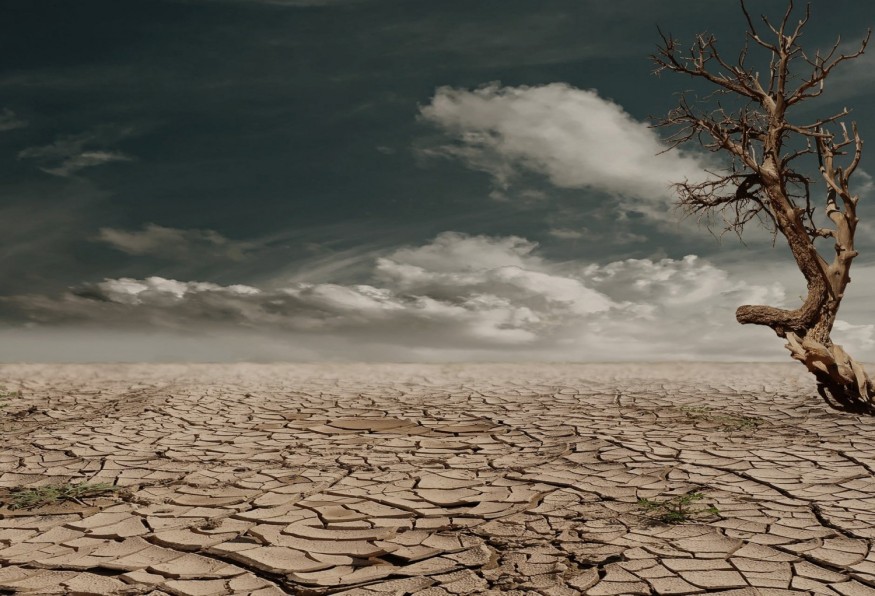
An article recently published in the PNAS or Proceedings of the National Academy of Sciences discussed the increase in aridification in the western part of the U.S. Global warming, as caused by human activities, has resulted in many adverse environmental effects.
River flow has declined; soils have dried up; trees in large numbers have died; agriculture has yielded less and lower quality harvests; there have been more calamitous wildfires and long draughts.
According to the paper's authors, University of Michigan's Jonathan Overpeck and Colorado State University's Bradley Udall, this warming also increased the aridity towards the east, without a foreseeable end. Overpeck is the UoM School for Environment and Sustainability dean while Udall is CSU's senior water & climate researcher for the university's Colorado Water Institute.
The authors say that global warming has had an unequivocal effect on the river flow, forests, and soils. In addition, there is an apparent long term trend for more aridity.
READ THIS : The Story Behind How Coronavirus Slashed Carbon Emissions
The paper is a response to a May 11 PNAS publication by U.S. Geological Survey's Justin Martin and colleagues. The article discussed how warming causes a decline in streamflow in the northern part of the Rocky Mountains and the Missouri river basin.
The study by Martin and his team made use of records of tree rings. Through them, they analyzed the drought in the Upper Missouri River Basin from 2000 to 2010. They concluded that warming is congruent with increased drought severities, which equal to and even surpass those that have occurred within the past 1,200 years.
The same study has described in detail the mechanisms involved in the decline of stream flows, which are driven by temperature rise. Udall and Overpeck say that the study focuses on the effects of climate change caused by human activities. It progressively increases and expands aridification and hot droughts all across the country.
CHECK THIS OUT : The Strange Sense of Direction of Migratory Animal Species
Additionally, the study focuses on how the aridity caused by the same rise in temperatures is featured by periodic drought. It is widely wrongly assumed that upon the occurrence of snow and rain, aridity will disappear.
Udall and Overpeck stated that pieces of evidence continue to contradict this. They say that we already know that continuous greenhouse gas emissions will ensure more warming; this prolongs and increases the severity of droughts and aridity.
Increasing aridity will consequently cause negative effects on natural and human environments. Upper Missouri's river basin is expected to have the same impacts that are already being seen at the Southwest's rivers.
These bodies of water are the sole water supply for over 40 million Americans; flows have drastically lessened from the latter part of the twentieth century. The Rio Grande and Colorado Rivers have declined flows partly due to the anthropogenic rise in heat.
Warmer air contains additional water vapor, drawing water from lakes, rivers, and surfaces by evapotranspiration and evaporation. This exacerbates soil drying, reduces streamflow, and stresses plants.
Dry and hot conditions will also likely increase in Mexico, Canada, and the U.S. East Coast. The two authors say that the new normal will be inter-annual droughts, flash droughts, and very dry spells. Without action, aridification and climate change will most likely be irreversible within our lifetimes and the coming generations.
© 2026 NatureWorldNews.com All rights reserved. Do not reproduce without permission.





